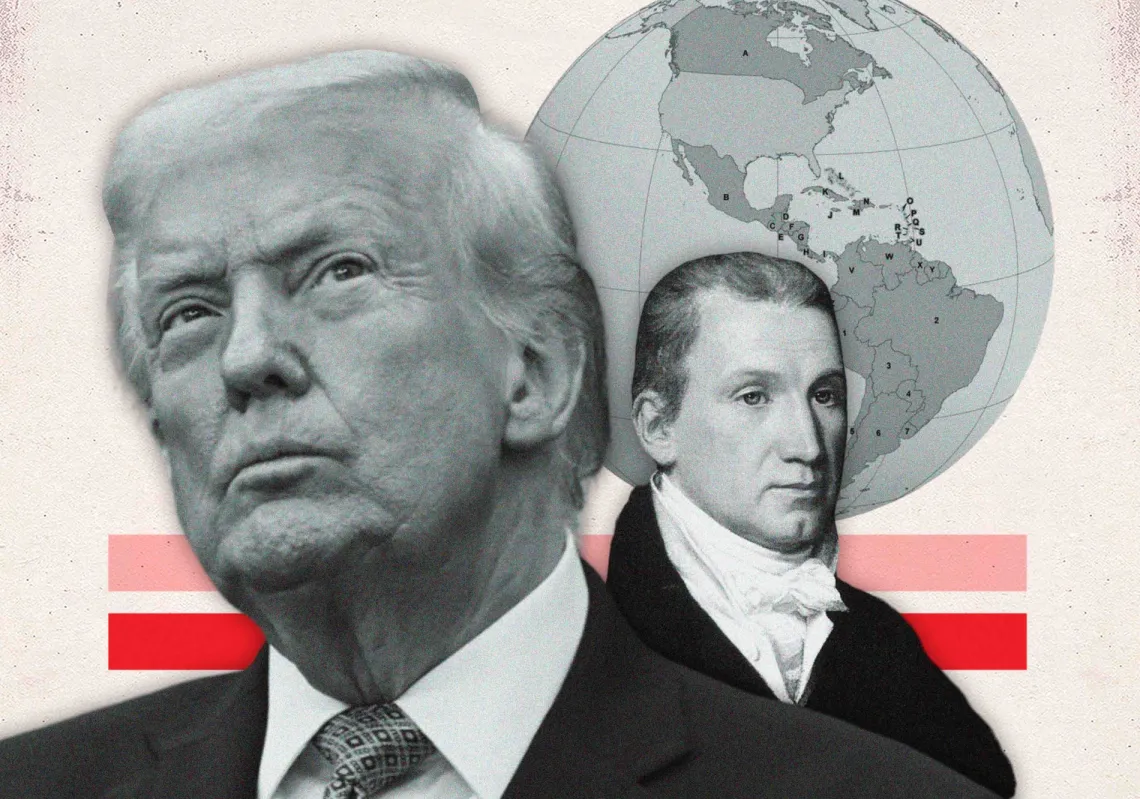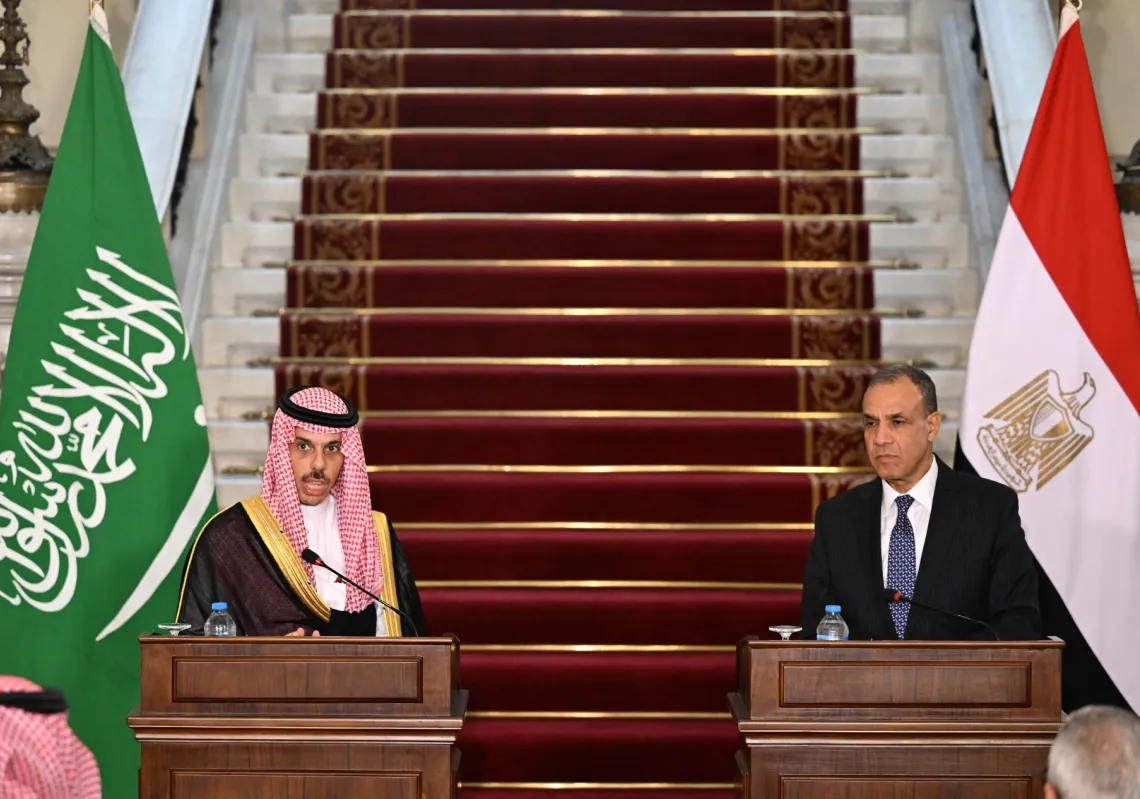 German Chancellor and head of the German Christian Democrats (CDU) Angela Merkel (L) and leader of the German Social Democrats (SPD) Martin Schulz, along with Bavarian Governor and leader of the Bavarian Christian Democrats (CSU) Horst Seehofer (not pictured), speak to the media following all-night preliminary coalition talks on January 12, 2018 in Berlin, Germany. (Getty)[/caption]
German Chancellor and head of the German Christian Democrats (CDU) Angela Merkel (L) and leader of the German Social Democrats (SPD) Martin Schulz, along with Bavarian Governor and leader of the Bavarian Christian Democrats (CSU) Horst Seehofer (not pictured), speak to the media following all-night preliminary coalition talks on January 12, 2018 in Berlin, Germany. (Getty)[/caption]
by Sudha David-Wilp
More of the same is not what Germans voted for in last September’s parliamentary elections, but it is what they will get now that the Social Democrats (SPD) have grudgingly agreed to proceed with formal negotiations for a grand coalition government with Chancellor Angela Merkel’s Christian Democrats (CDU). After contentious internal battles, SPD delegates narrowly voted, at a party convention on Sunday, to give their leadership the license to serve for a third time as a junior partner to Merkel’s conservative party. Their decision is based on a 28-page joint-position paper that the two parties had hashed out earlier in Berlin.
Given the collapse of government coalition talks in November, the willingness of the SPD to enter formal coalition talks with the CDU has thrown Merkel a political lifeline. She will enter her fourth term in office, most likely by Easter, and by then the ink on the coalition agreement will have dried and the 400,000 SPD party members will have given their approval of it in a pro forma SPD ballot. If the SPD convention vote on Sunday had gone the other way, however, Germany would have faced the uncomfortable prospect of having to hold new elections, which would prolong delays for crucial reform within the European Union and hurt the country’s reputation as a global leader. With a grand coalition government in the making, the EU and the rest of the world can expect a strong, stable hand in Berlin. But back at home, this compromise will continue to weaken the German political party system as visionary plans for the country’s future will be put on hold and populist parties will have a field day criticizing the two major parties in one go.
In the September elections, the results clearly pointed to the voters’ dissatisfaction with four years of CDU and SPD rule. Both parties performed poorly, and the SPD in particular suffered a historic loss at the polls as Germany’s oldest political party. In comparison, the smaller parties—the Greens, the pro-market Free Democrats (FDP), the Left, as well as the recently established Alternative for Germany (AfD)—all gained ground. A record seven parties, when counting the Christian Socialists of Bavaria (CSU), the CDU’s sister party, hold seats in the Bundestag, making it difficult for any would-be chancellor to form a majority. Initially, SPD leader Martin Schulz hoped to resuscitate his party and refused to enter into another round of grand coalition negotiations. This left Merkel to find her fortune with a so-called Jamaica Coalition consisting of the CDU-CSU, the Greens, and the FDP. But hopes for that plan came crashing down in November when the FDP pulled out of the talks, bringing Berlin to its current moment of political déjà vu.
For the SPD, partnering with Merkel brought about some desired policy changes, such as the enactment of a minimum wage, but it has also threatened its status as a viable Volkspartei (people’s party). Initial SPD ambitions of getting the conservatives to commit to an insurance plan for all citizens, a higher tax rate for top income earners, and limitless family reunification for refugees did not materialize. In fact, each side received marginal wins to take home to their respective base: increased spending on infrastructure and education, a soft cap on refugees, a modest tax cut, and pension guarantees. Meanwhile, Germany’s long-term future with regard to security and defense, economic competitiveness, and climate and energy has been more or less left to the wayside.
[caption id="attachment_55255417" align="aligncenter" width="5184"]
 German Chancellor and head of the German Christian Democrats (CDU) Angela Merkel (L) and leader of the German Social Democrats (SPD) Martin Schulz, along with Bavarian Governor and leader of the Bavarian Christian Democrats (CSU) Horst Seehofer (not pictured), speak to the media following all-night preliminary coalition talks on January 12, 2018 in Berlin, Germany. (Getty)[/caption]
German Chancellor and head of the German Christian Democrats (CDU) Angela Merkel (L) and leader of the German Social Democrats (SPD) Martin Schulz, along with Bavarian Governor and leader of the Bavarian Christian Democrats (CSU) Horst Seehofer (not pictured), speak to the media following all-night preliminary coalition talks on January 12, 2018 in Berlin, Germany. (Getty)[/caption]
The SPD leadership can justify this recalibration as national duty, since a minority government model is considered taboo in Germany and a new election might not necessarily lead to better results for the mainstream parties. Schulz sees no better option for his party and the country, even though forming a grand coalition will give the right-wing, xenophobic AfD the coveted title of largest opposition party and thus its first opportunity for rebuttal on the floor and to chair the budget committee in parliament. Moreover, another grand coalition will further blur the ideological difference between the major left-of-center and right-of-center parties. This will, in turn, erode their support even more. Perhaps with new leadership in the future, the CDU and SPD might be able to bounce back to form coalitions of their preference, but that is difficult to see considering the current fragmentation in the party system. In fact, according to ARD Deutschlandtrend, a slight majority of Germans disapprove of another grand coalition. And according to Politbarometer, more Germans disapprove of Merkel’s leadership today than immediately after the parliamentary elections last fall. Back then, only 35 percent of Germans disliked the idea of Merkel remaining chancellor, but this has risen to 42 percent today. A mixture of Merkel fatigue, disapproval of her stance on migration, and a yearning for a more conservative compass within the CDU means that she will start her most likely final term in office in a diminished position.
And yet while a CDU-SPD government will weaken Germany at home, it will work to strengthen the EU, a core pillar of Germany’s foreign and security policy and a source for its economic strength. Even if Germans are starting to tire of Merkel, the world continues to fête her and the Germany she leads. Remarkably, though it will have taken nearly six months after an election before the country has a government, a recent Gallup poll names Germany as the top global power. That is because of Berlin’s economic laurels and Merkel’s popularity abroad. The country remains an export champion, has kept unemployment to an astonishing 5.5 percent, and is predicted to enjoy bumper budget surpluses over the next two years. Merkel is also a familiar, calm face in an increasingly chaotic world order that includes Brexit, Russian disinformation campaigns, and an “America first” foreign policy in Washington.
Indeed, it is the EU, rather than any particular German political party, that emerges as the big winner of the emerging government in Berlin. Both parties have placed their visionary bets on strengthening Europe. In fact, their 28-page position paper opens with a call for a renewal of the EU and for the bloc to take its fate into its own hands by promoting more internal cohesion and solidarity. The SPD seems to have convinced the CDU to support French President Emmanuel Macron’s calls for reforming the EU. Germany’s next government certainly won’t be accused of lip service in Brussels. It is willing to spend more on the EU budget, will lobby for tax harmonization, and is ready to convert the temporary European Stability Mechanism, which offered loans to struggling countries such as Greece, into a permanent fund for dispersing financial aid in the eurozone. A strong EU is beneficial for Germany and the future grand coalition government plans to make a serious investment in Brussels. But in the long term, the EU also needs a dynamic Germany. When the old guard exits in Berlin, one hopes that the new leaders of the CDU and the SPD will be in a position to beat back populist forces and return to governing in a way that addresses the concerns of their core voters. Ultimately, the German people want to see their government deliver economic security and prosperity not just abroad but at home, too.
This article was originally published on ForeignAffairs.com.









